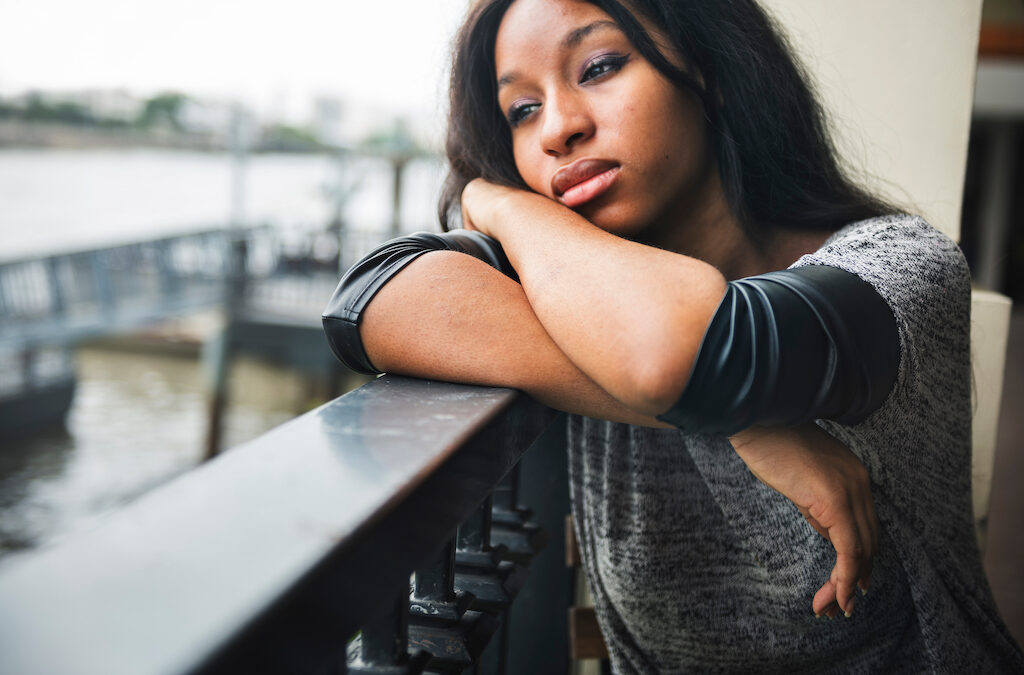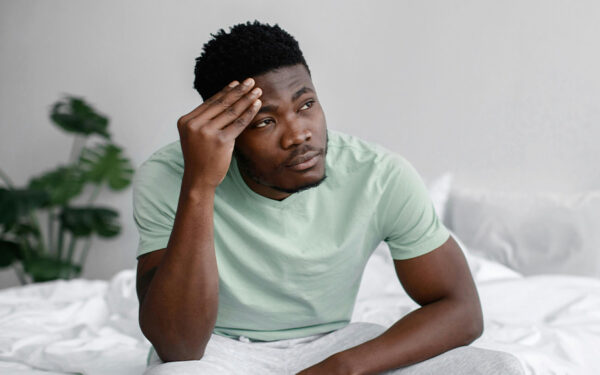The United States remains one of the most diverse countries on Earth. Despite this diversity, there have always been issues surrounding racism and racial inequality. Although many assumed that racism had reduced in recent years, we now know that racism is alive and well. It seemed that racial injustice was on the downswing with President Obama’s election in 2008 and 2012. However, the events of 2020 highlighted the issues that Black, Indigenous, and people of color (BIPOC) continue to face. Today, rather than being glossed over, racial injustice is now a central topic of conversation.
Anxiety and Racial Injustice During the COVID-19 Pandemic
As the coronavirus ravaged countries and brought the whole world to a screeching halt, the U.S. reported a 300% rise in anxiety cases between February and April. Grief, financial uncertainty, and social isolation raised stress levels and increased depressive symptoms.
It is important to note that while there was a general rise in anxiety levels, some ethnicities recorded higher numbers than others. Specifically, Black Americans experienced a larger increase in anxiety.
Why?
- When it comes to employment and the economy, minority communities continue to be at a disadvantage. BIPOC are more likely to suffer layoffs due to the economic downturn.
- Research shows that a large portion of the Black community has limited access to proper physical and mental healthcare. So, the number of anxiety cases keeps rising without proper anxiety treatment.
- Therapists and health providers need to focus on providing culturally appropriate services. Yes, for Black Americans, but also for all of the ethnicities in our nation. When treatment is not culturally inclusive, people of color are less likely to seek help. And, without treatment, people are more likely to suffer from the symptoms of anxiety and depression longer.
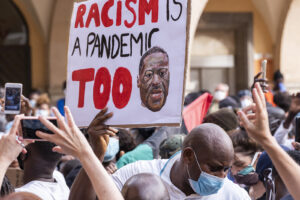
Racial Injustice and Social Unrest Spike Anxiety Levels Even Higher
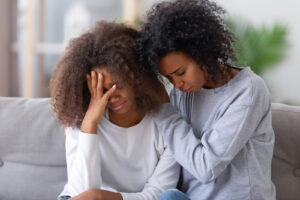 On May 26th, 2020, videos of the brutal death of George Floyd, a Black American went viral on social media. George Floyd died at the hands of a white cop in Minneapolis, MN. The event sparked outrage and intense fear in the hearts of those in the Black community. Consequently, there was an alarming spike in the anxiety levels of Black Americans. Understandably, people of color became increasingly stressed and scared.
On May 26th, 2020, videos of the brutal death of George Floyd, a Black American went viral on social media. George Floyd died at the hands of a white cop in Minneapolis, MN. The event sparked outrage and intense fear in the hearts of those in the Black community. Consequently, there was an alarming spike in the anxiety levels of Black Americans. Understandably, people of color became increasingly stressed and scared.
- People of color are not treated fairly by law enforcement agencies. These are the entities that are supposed to protect them and their rights.
- A recent study of Black Americans provided evidence that witnessing a racially-based murder of a community member is traumatizing for all members of that community.
- The national unrest demonstrated by mass protests also impacts the mental health of the Black community. While everyone’s feelings are different, many people of color feel afraid, worried, and on edge.
Patterns of Racial Injustice in America
On closer observation of our history as a country, a worrying pattern becomes glaring. There is a direct relationship between a national crisis and racial attacks.
Take 9/11 for example. After the attacks, Middle Eastern communities and immigrants became targets of intense racism. Reports show that the anxiety levels of these communities were very high due to the racial injustice faced.
Once the nation as a whole is focused on a particular race or community due to an event, racial violence and attacks on that community increase. This forces even more attention on individuals from a particular race. And then, leads to additional stress and anxiety for members of that community.
What Can Be Done?
The fight against racism is an ongoing one. And while the Black Lives Matter movement is a step in the right direction, other important measures must also be taken. Advocating for social change can be exhausting. While you advocate, be sure to keep these few things in mind to help take care of yourself:
- Join support groups that help you deal with race-based trauma
- Surround yourself with people who support you
- Never hesitate to seek help
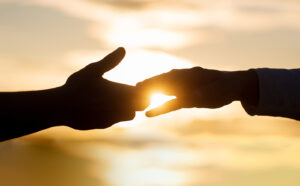
Get Support at New Connections Counseling Center in Baltimore, MD
Our counseling center in Baltimore, MD is committed to helping people of color find safety and support. You are safe with our therapists. We see and honor the hardship that you have encountered due to the insensitivity of the world. Find help from anxiety treatment in Baltimore, MD.
- Request an appointment with us.
- Start working with one of our anxiety therapists.
- Find relief from racial trauma and anxiety. Learn to advocate for yourself and others while being emotionally safe.
Other Services at New Connections Counseling Center in Baltimore, MD
When you work with one of our therapists in Baltimore, MD, you will be met with compassion and empathy. We provide services to address not only anxiety but also depression and life transitions. Furthermore, we offer couples therapy and individual relationship counseling. If you’re struggling with trauma or feeling “stuck” EMDR therapy may be a good fit for you. In addition, we provide specialized services for men and women. We would be honored to help you heal with whatever you are facing.

